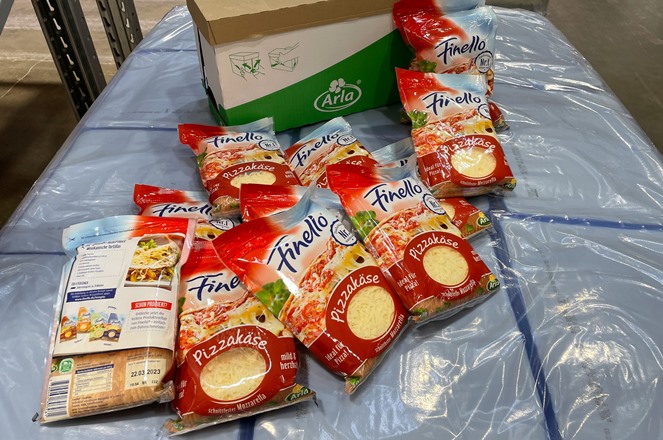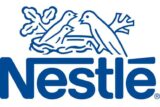Together with Arla Foods, SÜDPACK has developed a business model to make maturing bags for mozzarella cheese circular. Using the chemical recycling process, the plastic is kept within the loop and recycled into new packaging instead of being sent to incineration reducing the overall need for fossil feedstock as well as the carbon footprint.
The mozzarella cheese is being produced at Rødkærsbro dairy in Denmark. It needs to mature in specially designed maturing bags for about two weeks. The plastic films need to be multi-layered for food safety reasons, but this also means they cannot be recycled through mechanical recycling which is the industry standard across Europe. Therefore, the only option so far has been to send them to incineration after fulfilling their essential role in the production process.
To achieve a higher grade of recycling and as part of Arla’s commitment to improve circularity and eliminate the use of virgin feedstock, SÜDPACK and the farmer-owned dairy cooperative are carrying out a large-scale test using chemical recycling to convert 80 tonnes of plastic waste into new packaging.
Said Grane Maaløe, Lead Packaging Development Manager, Arla Foods: “Instead of sending our plastic films to incineration, resulting in a one-off energy gain, we recycle them and use the recycled material to create new packaging thus reducing the carbon footprint as well as the need for virgin fossil feedstock. It might sound obvious but in the complex world of recycling this is an exciting step in our journey towards fully circular packaging.”
Even if the maturing bags were suitable for mechanical recycling, it wouldn’t be allowed to bring the recyclate into food contact material again. As a result the films wouldn’t be recycled as new food packaging but downcycled and used for something else and exiting the loop.
Says Dirk Hardow, SÜDPACK: “Utilising the processing capabilities at Carboliq, our chemical recycling plant in Germany, we can ensure that the films produced for Arla’s cheese maturing purposes does not exit the loop but instead is recycled into new packaging. One tonne of mixed plastic does not equal one tonne of new packaging, but it does reduce the need for fossil feedstock and it paves the way for increased investing in this infrastructure going forward.”
Factoring in the loss of the electricity and thermal energy that incineration delivers, and the negative impact of transporting the films from Denmark to Germany, the calculation behind the test still comes out in favour of chemical recycling when it comes to overall carbon emissions. Per tonne of plastic waste, the full processing including the chemical recycling process emits up to 50 per cent less than sending to incineration.
SÜDPACK and Arla Foods are currently testing with 80 tonnes of plastic film from Rødkærsbro dairy. For more visit suedpack.com



